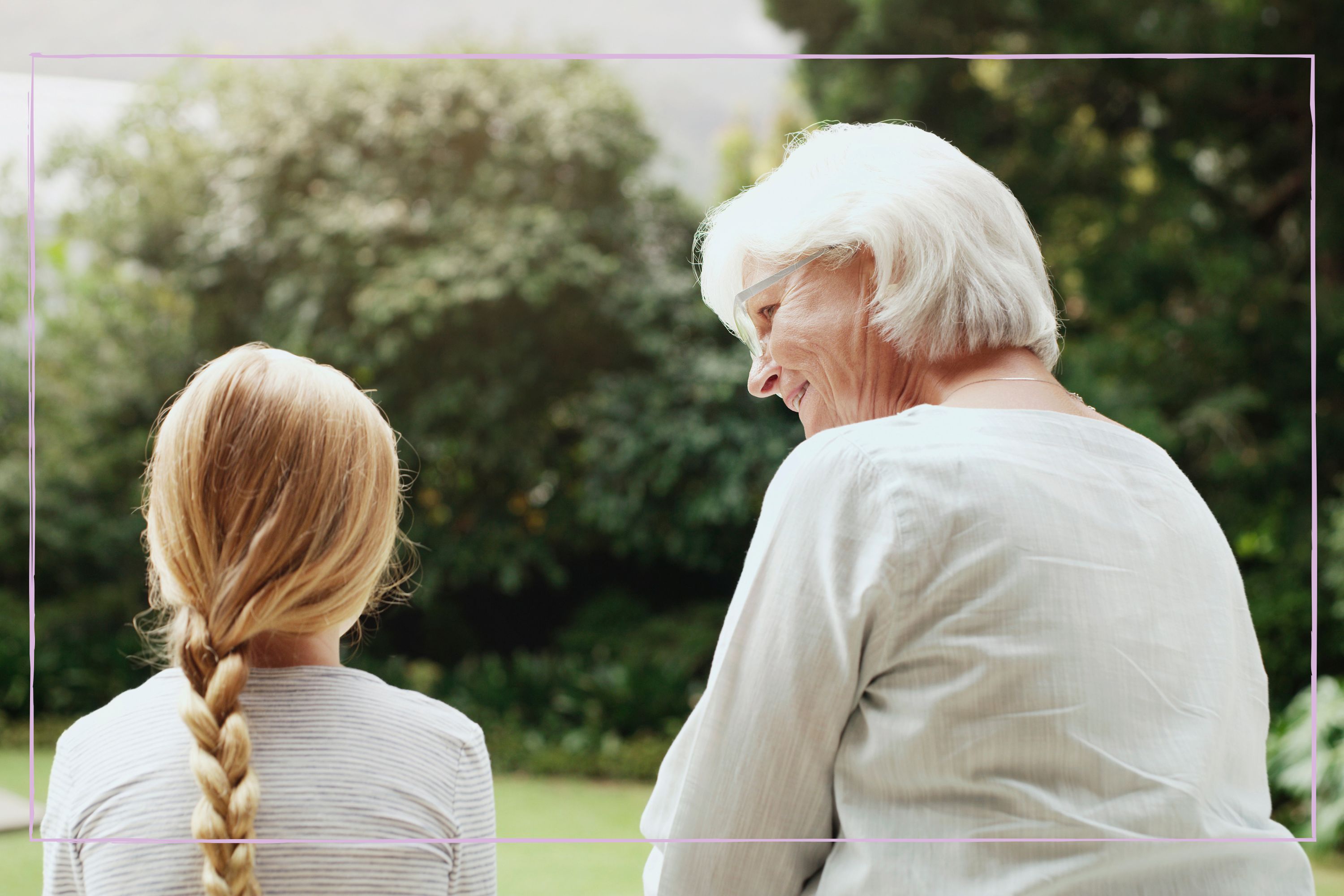Your kids might think their grandparents are ‘old’, but new research shows that most grandparents don’t think they are
New research has shown that different generations have wildly different views on when ‘old age’ begins

Parenting advice, hot topics, best buys and family finance tips delivered straight to your inbox.
You are now subscribed
Your newsletter sign-up was successful
According to a new study, the older people get, the later they think old age starts - meaning you probably think your grandparents are older than they really see themselves being.
We know that different generations often have wildly different views on various things. For one, older generations think table manners are much more important than younger ones do, with the manners your grandparents once swore by now becoming a thing of the past. And, while many grandparents have a positive view on today’s most popular parenting trends, many still don’t and refuse to respect modern parenting choices - and they may pay a big price for doing so.
But a new study has shown a surprising aspect of life that different generations tend to disagree on. Research published just this week by the American Psychological Association has revealed that people of different ages have a wildly different view of when old age begins.
According to the research, the older people get, the later they think old age truly begins. So for younger generations who believe their grandparents have reached old age, it’s likely that their grandparents still don’t think they’ve hit that milestone.
Surveying a whopping 14,000 participants over a period of 25 years, researchers met with each participant every four to five years over that period and found that they said old age started a year later compared to their last assessment every single time. So if a participant said they believed old age started at 80 on one visit, during the next they would say it started at 81.
Explaining the findings, the study’s lead author psychologist Markus Wettstein said they not only show how younger people believe old age starts earlier than older people do, but they also suggest that our perception of old age has changed across time.
He shared, “Our perceptions or conceptions of old age are obviously shifting across historical time. People nowadays who are in midlife or who are older adults believe that old age begins later than did their peers 10 or 20 years ago.”
Parenting advice, hot topics, best buys and family finance tips delivered straight to your inbox.
One reason for this, apart from kids’ inherent, and sometimes laughably offensive, belief that anyone even a decade older than them is impossibly old, is that people are now living healthier lives for longer than ever before, leading older generations to still feel healthy and young in what was once considered old age. “People who feel younger also believe that old age starts later,” Wettstein said.
But there could also be a more negative reason for this perception. “Some people have such a negative view of the elderly that they don’t want to be associated with them,” John Rowe, a professor of health policy and ageing at Columbia University who wasn’t involved in the study but finds the results interesting, told TODAY. “So if they’re 70 years old, they’ll say old age begins at 75. And when they get to 75, they’ll say old age begins at 80.”
But whether or not you and your grandparents share the belief that they have reached old age, there are plenty of things you’re probably doing to keep them young. Like if your parents look after your kids, you’re helping to keep their brain active as science has shown looking after grandchildren is better for the brain than Sudoku. Or, maybe you’re doing this simple kid-friendly activity with a grandparent that can help reduce their risk of dementia. But, even if you don’t do anything particularly exciting with a grandparent, one study has shown that simply visiting a grandparent just once a month can help them live longer.
Charlie Elizabeth Culverhouse is a news writer for Goodtoknow, specialising in family content. She began her freelance journalism career after graduating from Nottingham Trent University with an MA in Magazine Journalism, receiving an NCTJ diploma, and earning a First Class BA (Hons) in Journalism at the British and Irish Modern Music Institute. She has also worked with BBC Good Food and The Independent.